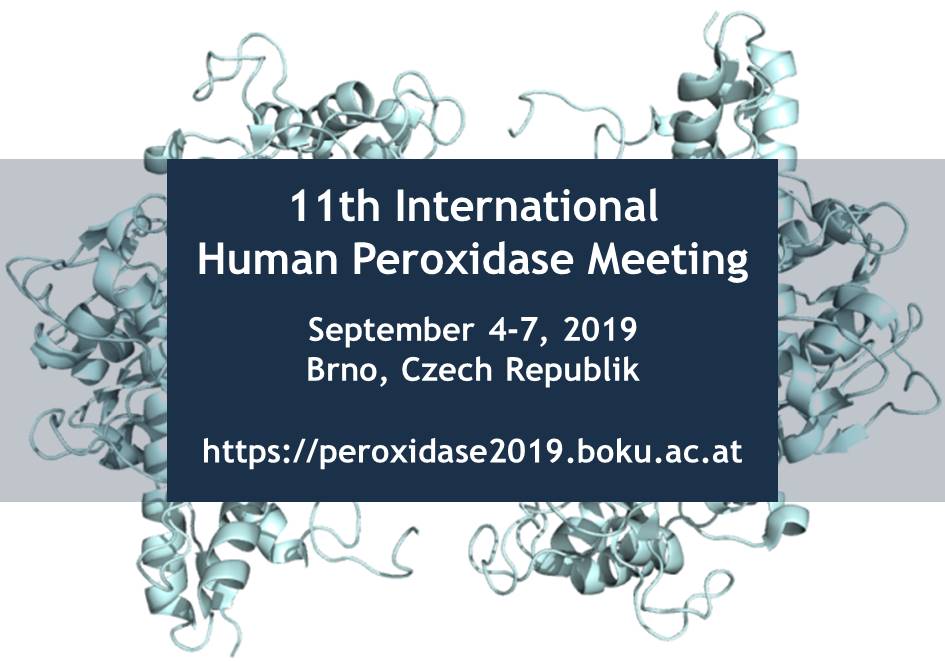The research activities of the Laboratory of Environmental and Food Microbiology is focused on the study of the microbial communities responsible for the deterioration of our cultural heritage (wall-paintings, wood objects, paper, parchment, photographs, textiles, mummies, hypogean environments) and quality of traditional Slovak food (cheese, sheep cheese, Slovak wine). In addition the members of the laboratory have a valuable experience for the microbiome analysis of other different kinds of environmental samples (plants, air, soil, water, methanogenic community of bioreactors and synthetic polymers) using culture-dependent and culture-independent approaches.The studies of laboratory permitted the gradual introduction of molecular biology approaches to various social fields in Slovakia such as archival science, museology, food and wine quality.
The laboratory cooperates with several research groups in Slovakia and abroad, such as Polymer Institute Slovak Academy of Sciences (SAS) Institute of Materials and Machine Mechanics SAS, Institute of Forest Ecology SAS, Institute of Musicology SAS, Cancer Research Institute SAS, Food Research Institute (Bratislava, Slovakia), Betliar Museum, Slovak National Gallery, Slovak National Archives, Slovak National Libraries, University of Messina (Italy); University of Vienna, (Austria); Istituto Centrale per il Restauro e la Conservazione del Patrimonio Archivistico e Librario (Rome, Italy); Institute of Fermentation Technology and Microbiology at Lodz University of Technology (Poland); Department of Chemical Technology of Monument Conservation at University of Chemistry and Technology (Prague, Czech Republic); National Cheng Kung University, Dep. of Environmental Engineering (Tainan City, Taiwan).
The group was awarded as the best research team of the Slovak Academy of Sciences of the year 2016 for its study concerning: Deterioration of cultural heritage and quality of traditional Slovak food: investigation of microbial communities.
RESEARCHGATE profile
Our research is oriented mainly on the study the genomics and molecular regulation of responses to oxidative stress. We focus our current investigations on the expression, structures and functions of four heme peroxidases superfamilies and one heme catalase family http://peroxibase.toulouse.inra.fr/ with their potential use in biotechnologies.
Selected publications to this topic: https://www.researchgate.net/profile/Marcel_Zamocky
In addition, our research is also oriented on the study of the defence mechanisms of non-sporulating bacteria (Escherichia coli, as a model organism) against different environmental stress factors (starvation, temperature shift, oxidative and cadmium stresses), and on the study of diversity of bacterial communities and variability of heavy-metal-resistance determinants in different metal-contaminated environments.

International scientific co-operation
- CSIC, Madrid, Spain
- Department of Cellular and Molecular Biology-Microbiology of the Göteborg University, Göteborg, Sweeden
- Department of Chemistry, Division of Biochemistry, University of Natural Resources and Life Sciences, Vienna Institute of Biotechnology, Vienna, Austria